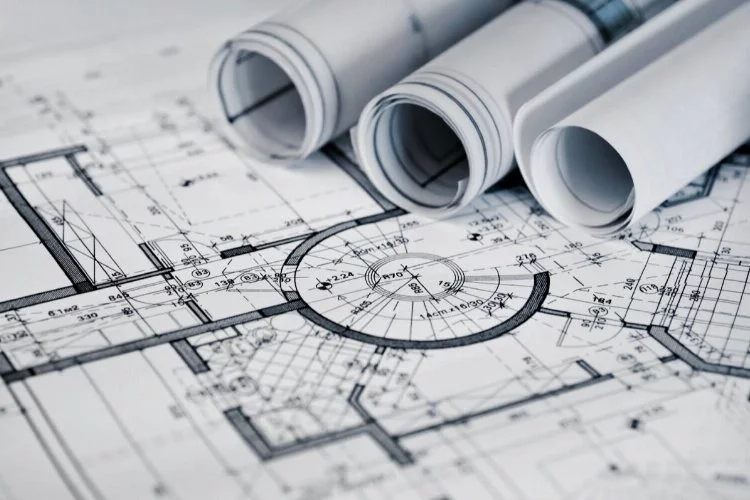Important Information on Nearly Zero Energy Buildings (NSEB)

Dear visitors
Today, environmental sustainability and energy efficiency are among the priority issues in the construction industry and in this context, Nearly Zero Energy Buildings (NZEB) have become an important focal point. In this context, we would like to inform you, our esteemed visitors, on the “Comprehensive Guide for Nearly Zero Energy Buildings (NSEB)” prepared by the Ministry of Environment and Urbanization, which is a critical resource for our sector.
The NSEB guide provides detailed information on how to construct buildings designed to minimize energy consumption and maximize renewable energy sources. This guide provides a comprehensive roadmap for designers, engineers, architects and other professionals in the construction industry in the process of planning and implementing energy efficient buildings.
This guide, presented by the Ministry of Environment and Urbanization, covers topics such as the basic principles of NSEB projects, applicable technologies, energy efficiency strategies and the use of sustainable materials. It also includes innovative solutions such as the integration of renewable energy sources, building automation systems and passive energy saving techniques.
As Delta T Proje, we follow the latest developments in the sector and seek to implement the most up-to-date and effective solutions in our projects. In this context, we believe that the NSEB guide is of great value for applications in our sector and will contribute to the development of energy efficient, sustainable buildings.
Visitors who would like to access this important resource and learn more about Nearly Zero Energy Buildings can access the guide on the official website of the Ministry of Environment and Urbanization. We would like to emphasize the importance of contributing to a sustainable future and supporting innovative practices in our sector.
We provide this information to you, our valuable visitors, in order to raise awareness of the information and practices on NSEB, as well as to inspire you to support development and innovation in this field. Let’s move forward together in achieving our energy efficiency and sustainability goals.
Best regards,
Delta T Project Team






